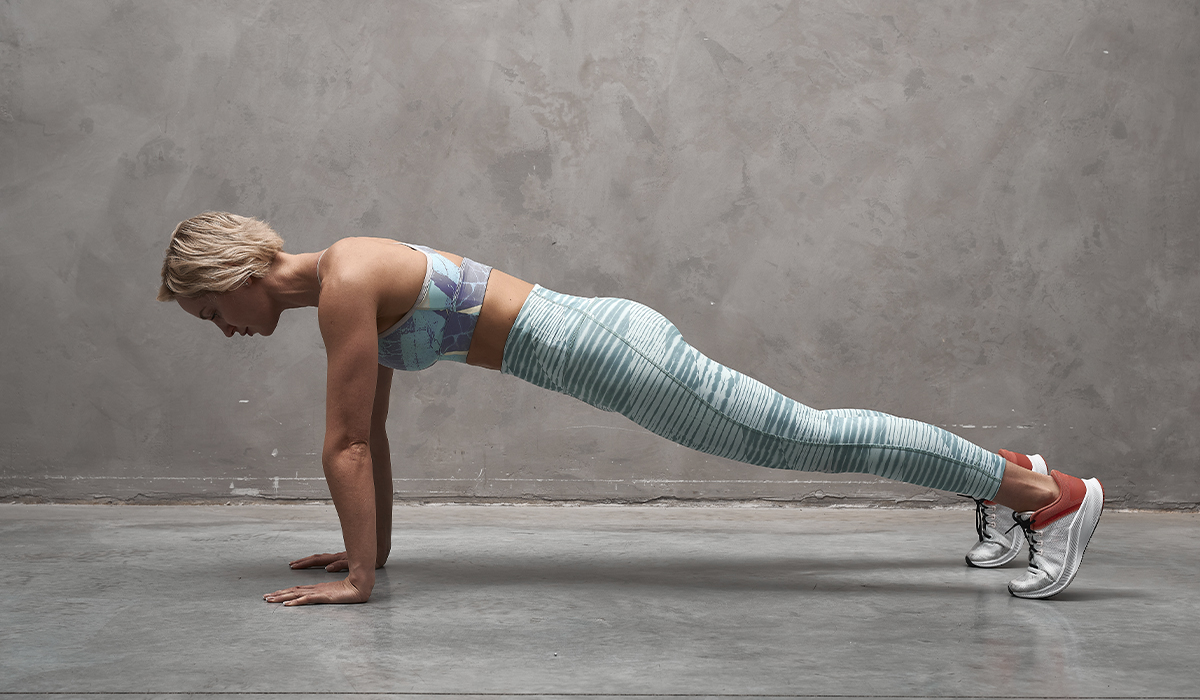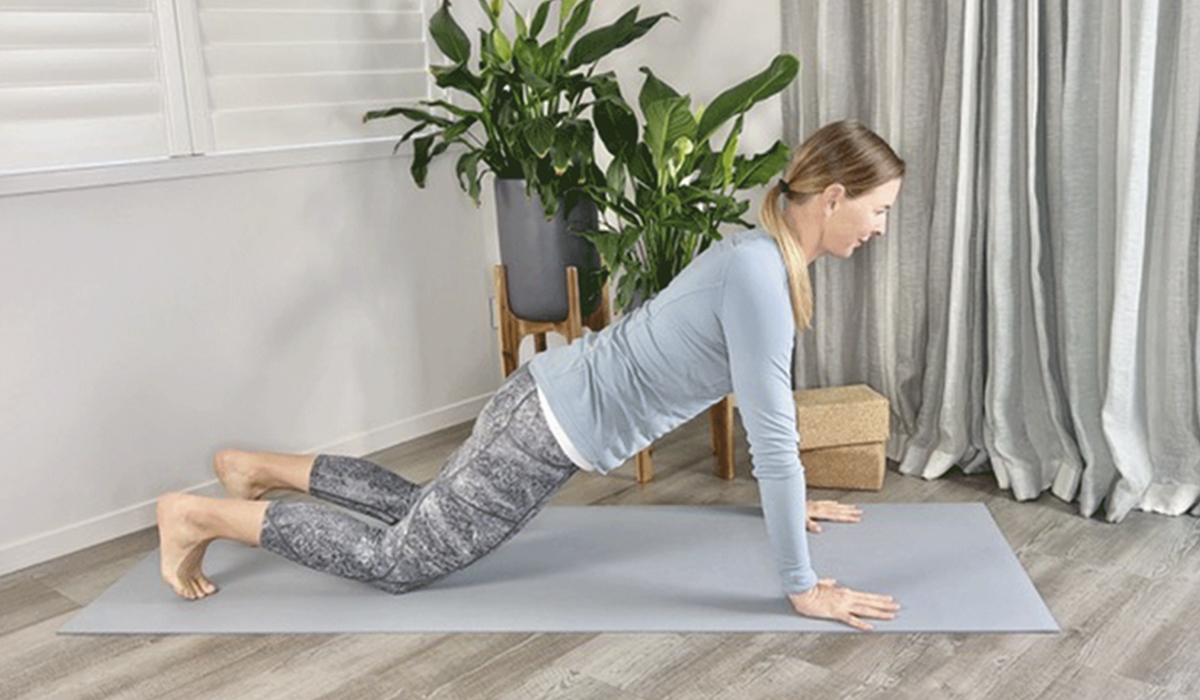Move of the month – Plank to Downward Dog
Matt Surridge - Certified Personal Trainer | 03 Nov, 2024
Each month, I'll be highlighting a great exercise move to include as part of your workout. Let's kick this series off with a great all-rounder move that is easy to incorporate into your routine.
Plank to Downward Dog
The plank to downward dog exercise is a dynamic move that strengthens and stretches key muscle groups, making it ideal for those looking to build core stability while improving flexibility. You will feel your shoulders, arms, and core working, while also offering a deep stretch for the hamstrings and calves, making it perfect for anyone keen on enhancing both strength and mobility in their fitness routine.


How to do it
- Start in a push-up position with your arms straight, hands under your shoulders, and body in a straight line from head to heels.
- Engage your core, glutes, and legs to keep your body stable.
- Move into a downward dog position by lifting your hips up towards the ceiling. Pushing through your hands and feet, lengthening the spine and creating an inverted 'V' shape with your body.
- Hold the position for a few seconds, focusing on your spine lengthening and stretching your hamstrings and calves.
- Return to the plank position by slowly lowering your hips back down.
What it's good for
This powerful exercise benefits multiple areas in the body. First, it builds core strength by deeply engaging your abdominal muscles, helping to improve stability and overall strength. It also targets the upper body, engaging the shoulders, arms, and upper back, which builds strength and endurance in these areas. Additionally, this movement promotes flexibility, especially in the hamstrings, calves, and lower back, as you stretch into the downward dog position. Moving between plank and downward dog also increases spinal mobility and body coordination, giving your spine a healthy range of motion. By engaging multiple muscle groups in a single movement, this exercise provides a well-rounded, full-body workout that’s easy to incorporate into any fitness routine.
Modify
- Knees down during the plank – If a full plank is too challenging, then start with your knees on the ground (you will still need to create a straight line from your head to your knees).
- Slight bend of the knee during the downward dog position – If your hamstrings are too tight, then keeping a slight bend with your knees in the downward dog position is totally okay - and still an effective move.
- Use of a wall – Perform the movement with your hands on a wall instead of the floor to reduce the intensity on your upper body and core.


Pointers
- Ensure your hands are shoulder-width apart and fingers are spread wide to distribute weight evenly.
- Move slowly and with control, especially when transitioning between positions. This helps to maximise the benefits and reduce any risk of injury.
- Coordinate your breath with your movements! Inhale as you lift to downward dog, and exhale as you return to plank.
What to avoid
- Avoid letting your hips drop too low in the plank position, as this can put stress on your lower back.
- Don’t arch your back excessively when returning to plank.
- Don’t rush any steps during the movements. Quick, uncontrolled movements can lead to poor form and increase the risk of injury.
- Avoid locking your elbows in either position, as this can put undue stress on your joints. Instead, keep a slight bend in your elbows to maintain muscle engagement.
Good luck experimenting with this move, and don't forget to check back next month for my next exercise!













